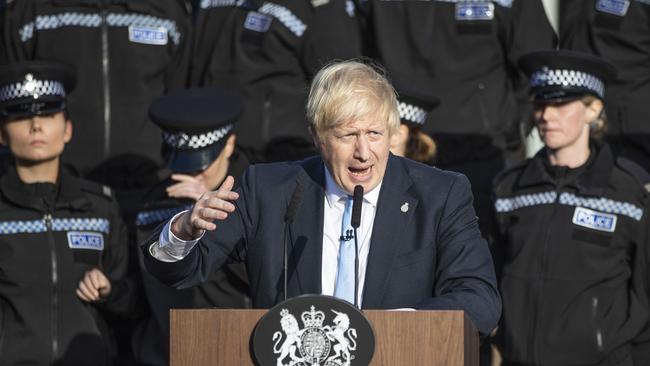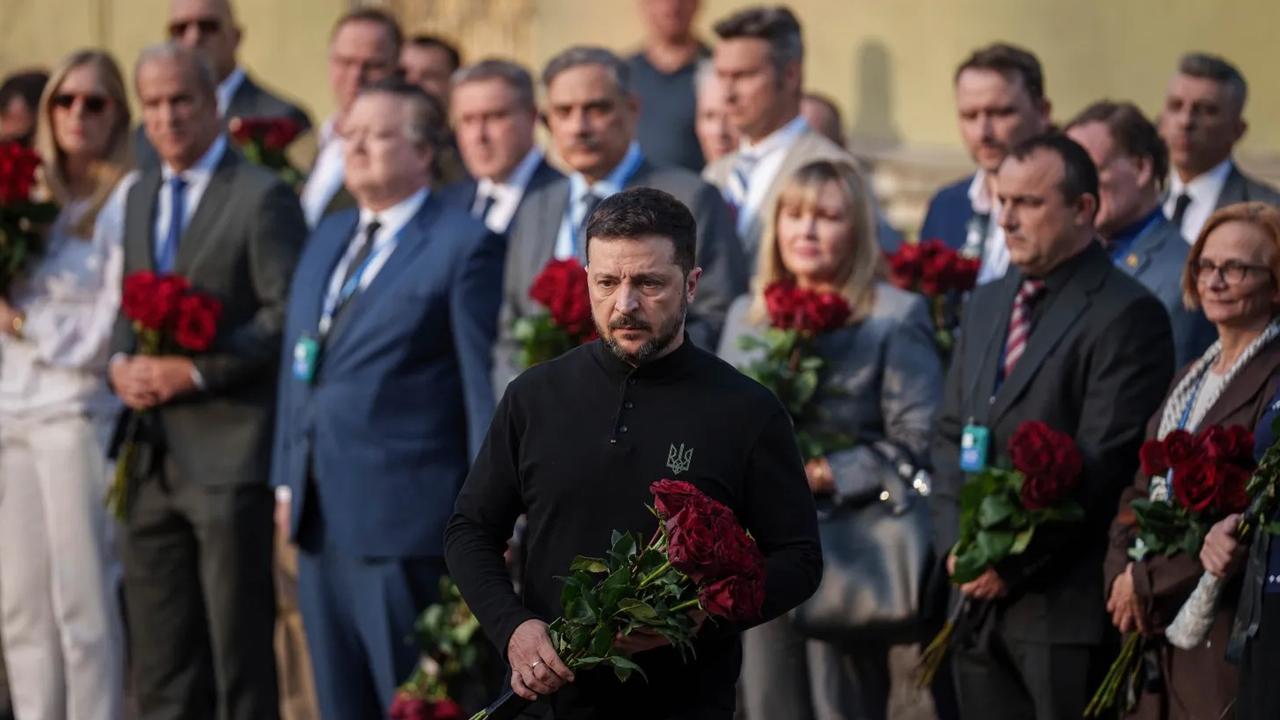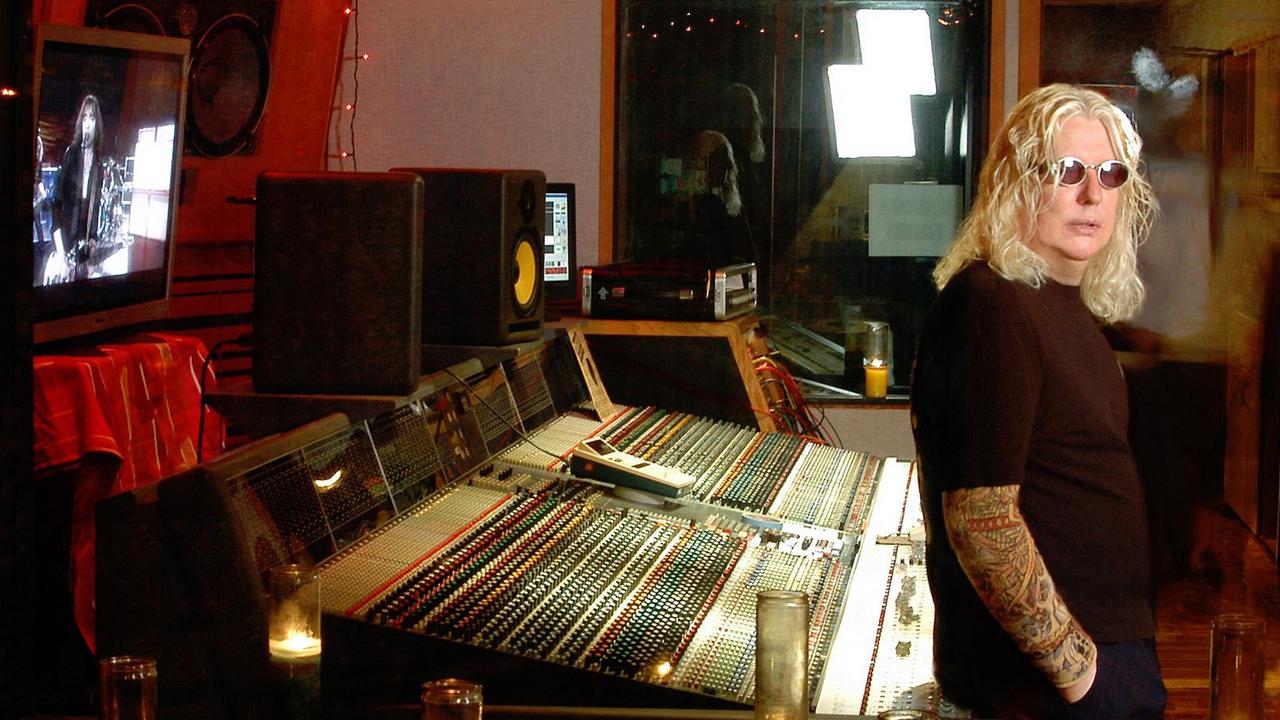Brexit: Labour, SNP agree to block election until leave is delayed
Jeremy Corbyn and the SNP have agreed to block any poll until Boris Johnson has secured an extension to the Brexit deadline.

Boris Johnson’s prospects of securing an election are fading after Jeremy Corbyn and the SNP agreed to block any poll until the prime minister has secured an extension to the Brexit deadline.
On a torrid day for Mr Johnson, in which he was hit by the resignation of his brother from the government, he insisted that he would rather “be dead in a ditch” than ask the EU to delay Brexit - even though he will, from Friday, be legally compelled to do so after a vote by MPs.
The prime minister had been expected to turn up the pressure on Mr Corbyn before a second attempt to win backing in the Commons on Monday for an election. Instead, he made a chaotic debut on the campaign trail in which he was harangued in the street and criticised over his use of police recruits as the backdrop for a speech.
His decision to speak in front of student police officers in Wakefield, West Yorkshire, was branded “wrong” and “inappropriate”, and one trainee became unwell after she was made to stand in full sun for almost an hour.
He was later heckled on the streets by the public, with one person in nearby Morley accusing him of “playing games” when he “should be in Brussels negotiating”, and another telling him: “Please leave my town.”
The incidents, as well as an occasionally rambling performance, heightened Tory fears over an election campaign to be overseen by his controversial aide, Dominic Cummings.
The former prime minister Sir John Major urged Mr Johnson on Thursday to sack his “overmighty advisers” in a savage attack on what he said was their “aggressive bullying” after the purge of 21 MPs who voted to block a no-deal.
The prime minister must secure Commons backing for an election or face the prospect of having to break his pledge not to ask the EU for another extension. He said that he would rather “be dead in a ditch” than fulfil what will on Friday become his legal obligation to sign another delay to Brexit beyond October 31.
His options continue to narrow, however. Mr Corbyn will meet other opposition leaders in the Commons on Friday after agreeing with Ian Blackford, the SNP’s Westminster leader, to block any election before the next European Council on October 17. Both remain open to the possibility of a poll immediately after the delay has been secured at that meeting.
However, the loose alliance of other parties, Labour moderates and independent MPs, including those expelled by Mr Johnson, are resisting Labour and SNP moves to table a vote of confidence, which could lead to an election on October 29.
Downing Street had briefed in the morning that Thursday would be the first day of an election campaign. The resignation of Jo Johnson, the business minister, appeared to throw his brother badly off balance.
Jo Johnson, who had resigned as a minister last year over Theresa May’s Brexit deal before re-entering the government after his brother became prime minister, said on Twitter: “It’s been an honour to represent Orpington for nine years and to serve as a minister under three PMs. In recent weeks I’ve been torn between family loyalty and the national interest. It’s an unresolvable tension and time for others to take on my roles as MP and minister.”
There was no immediate reaction from the prime minister himself. A Downing Street spokesman issued a statement saying that he would “like to thank Jo Johnson for his service”, adding: “The prime minister, as a politician and a brother, understands this would not have been an easy matter for Jo.”
A delayed public appearance in Wakefield was dominated by questions over his brother’s decision. About 35 officers had been standing behind Mr Johnson’s lectern for at least 20 minutes before the speech began at West Yorkshire police’s operations and training complex in Wakefield.
Mr Johnson had finished speaking and had answered a number of questions from journalists seated behind the officers in the audience, when it became clear that a police- woman standing behind his right shoulder was not feeling well. He turned to ask the officer if she was all right and she sat down behind him.
Despite saying: “I’m so sorry, OK that is a signal for me actively to wind up”, he continued to criticise the Labour leader for not backing his plans for a snap general election. The officer then stood up minutes later as Mr Johnson finished his speech.
Mark Burns-Williamson, the Labour West Yorkshire police and crime commissioner, called for Mr Johnson to apologise. “To use police officers as the backdrop to what became a political speech was inappropriate and they shouldn’t have been put in that position,” he said.
John Apter, the national chairman of the Police Federation of England and Wales, said: “I am surprised that police officers were used as a backdrop for a political speech in this way. I am sure that on reflection all concerned will agree that this was the wrong decision and it is disappointing that the focus has been taken away from the recruitment of 20,000 officers.”



To join the conversation, please log in. Don't have an account? Register
Join the conversation, you are commenting as Logout